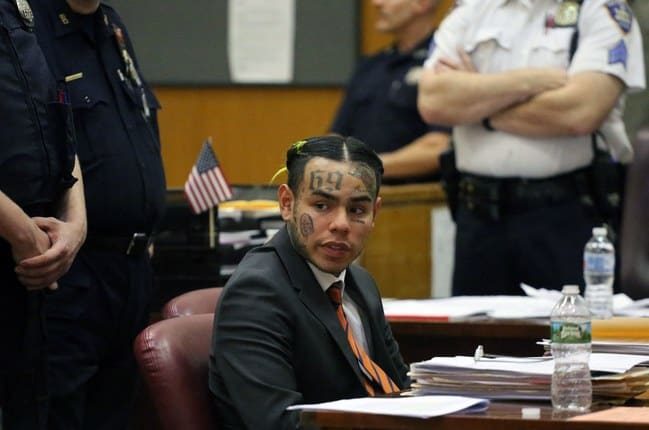A fascinating article has appeared in The New Yorker this month, regarding the testimony of US rapper Tekashi 6ix9ine’s against the accused members of the Nine Trey Gangsta Bloods. His testimony, in a case that is far from unique, centred on whether the rap lyrics of the accused included any threats against rivals.
Link: https://www.newyorker.com/culture/culture-desk/the-controversial-use-of-rap-lyrics-as-evidence?source=EDT_NYR_EDIT_NEWSLETTER_0_imagenewsletter_Daily_ZZ&utm_campaign=aud-dev&utm_source=nl&utm_brand=tny&utm_mailing=TNY_Daily_091919&utm_medium=email&bxid=5d0f186cf543e66a114f238c&cndid=53009660&esrc=&mbid=&utm_term=TNY_Daily
A US academic says that bringing rap lyrics into a trial is common because “prosecutors often argue the lyrics are either the defendant’s confession to the crime or circumstantial evidence the defendant committed the crime, e.g., proof of intent, knowledge, ability, motive”.
This occurrence is a facinstaing case study into the world of litigation, and shows the importance of proper legal representation and advice.

